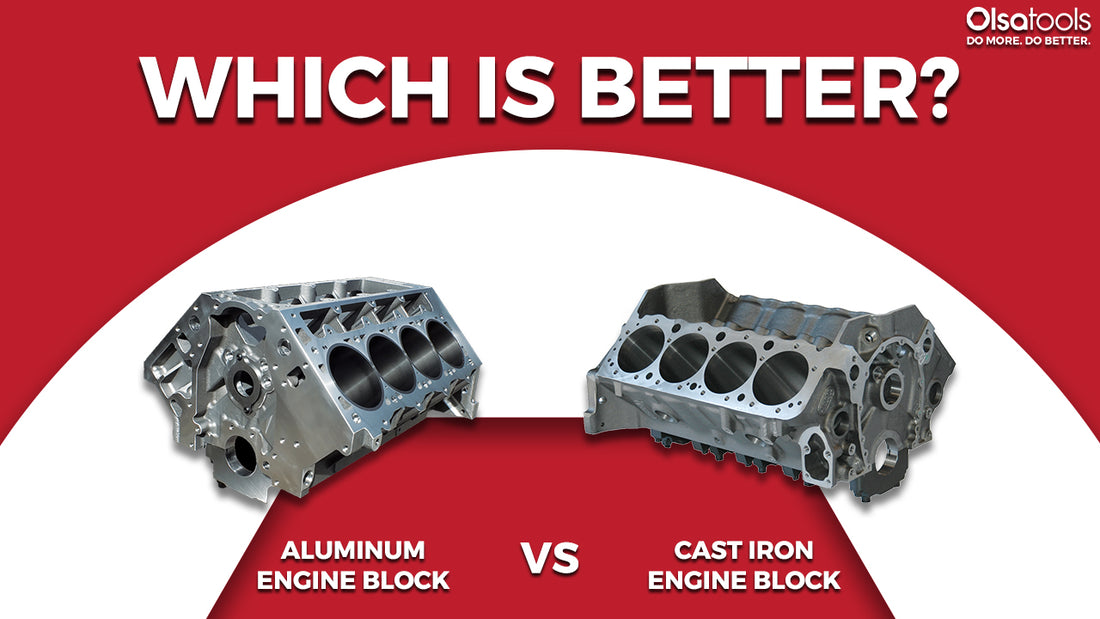Alcast Company - Truths
Table of ContentsAlcast Company Can Be Fun For EveryoneThe 4-Minute Rule for Alcast CompanyAll about Alcast CompanyThe Alcast Company IdeasThe Single Strategy To Use For Alcast CompanyTop Guidelines Of Alcast Company
Chemical Comparison of Cast Aluminum Alloys Silicon promotes castability by lowering the alloy's melting temperature and improving fluidity during casting. Additionally, silicon adds to the alloy's strength and wear resistance, making it valuable in applications where durability is essential, such as automobile parts and engine components.It also enhances the machinability of the alloy, making it easier to refine right into completed items. This way, iron contributes to the total workability of light weight aluminum alloys. Copper boosts electric conductivity, making it helpful in electrical applications. It also boosts deterioration resistance and contributes to the alloy's overall strength.
Manganese adds to the stamina of aluminum alloys and boosts workability (Foundry). It is typically made use of in functioned aluminum items like sheets, extrusions, and profiles. The visibility of manganese help in the alloy's formability and resistance to breaking throughout construction processes. Magnesium is a light-weight element that gives stamina and influence resistance to light weight aluminum alloys.
The Best Guide To Alcast Company
It permits the manufacturing of light-weight components with superb mechanical residential or commercial properties. Zinc improves the castability of light weight aluminum alloys and aids control the solidification process throughout spreading. It improves the alloy's stamina and solidity. It is usually found in applications where detailed forms and great details are needed, such as attractive spreadings and specific automotive parts.

The key thermal conductivity, tensile toughness, yield strength, and elongation differ. Among the above alloys, A356 has the highest thermal conductivity, and A380 and ADC12 have the most affordable.
The 5-Minute Rule for Alcast Company

In precision casting, 6063 is fit for applications where elaborate geometries and high-grade surface coatings are paramount. Examples consist of telecommunication units, where the alloy's superior formability enables sleek and visually pleasing layouts while maintaining structural honesty. click for source Similarly, in the Illumination Solutions sector, precision-cast 6063 parts create stylish and effective lights fixtures that require elaborate forms and excellent thermal efficiency.
It causes a better surface area coating and better corrosion resistance in A360. Additionally, the A360 shows superior elongation, making it suitable for facility and thin-walled parts. In accuracy spreading applications, A360 is well-suited for markets such as Customer Electronics, Telecommunication, and Power Tools. Its enhanced fluidity allows for elaborate, high-precision elements like smart device cases and communication device housings.
The Best Strategy To Use For Alcast Company
Its special buildings make A360 an important selection for precision casting in these sectors, enhancing product longevity and quality. Light weight aluminum alloy 380, or A380, is an extensively used spreading alloy with numerous distinctive attributes. It supplies excellent castability, making it a suitable choice for accuracy spreading. A380 shows good fluidity when molten, making certain intricate and comprehensive mold and mildews are precisely duplicated.
In precision casting, aluminum 413 shines in the Customer Electronic Devices and Power Devices sectors. It's frequently made use of to craft complex elements like mobile phone housings, video camera bodies, and power tool housings. Its precision is remarkable, with limited resistances as much as 0.01 mm, guaranteeing perfect product setting up. This alloy's premium deterioration resistance makes it an outstanding option for outdoor applications, making certain durable, long lasting products in the mentioned sectors.
More About Alcast Company
As soon as you have actually chosen that the aluminum pass away casting procedure appropriates for your task, an essential next step is choosing on the most proper alloy. The light weight aluminum alloy you choose will significantly influence both the casting procedure and the homes of the final item. Due to this, you have to make your decision thoroughly and take an educated strategy.
Establishing the most ideal light weight aluminum alloy for your application will imply weighing a wide range of attributes. These comparative alloy attributes adhere to the North American Die Spreading Association's guidelines, and we have actually divided them into two groups. The initial group addresses alloy attributes that influence the manufacturing procedure. The 2nd covers qualities impacting the residential or commercial properties of the end product.
The Alcast Company Statements
The alloy you pick for die spreading directly influences a number of aspects of the spreading procedure, like how very easy the alloy is to work with and if it is vulnerable to casting flaws. Warm splitting, likewise called solidification fracturing, is a regular die spreading problem for aluminum alloys that can cause interior or surface-level tears or splits.
Certain light weight aluminum alloys are more susceptible to warm breaking than others, and your option should consider this. Another typical defect discovered in the die spreading of light weight aluminum is die soldering, which is when the cast adheres to the die walls and makes ejection tough. It can harm both the cast and the die, so you ought to seek alloys with high anti-soldering properties.
Rust resistance, which is currently a notable quality of light weight aluminum, can differ substantially from alloy to alloy and is a necessary particular to consider depending on the environmental conditions your product will certainly be exposed to (aluminum foundry). Put on resistance is an additional residential or commercial property typically sought in aluminum products and can differentiate some alloys